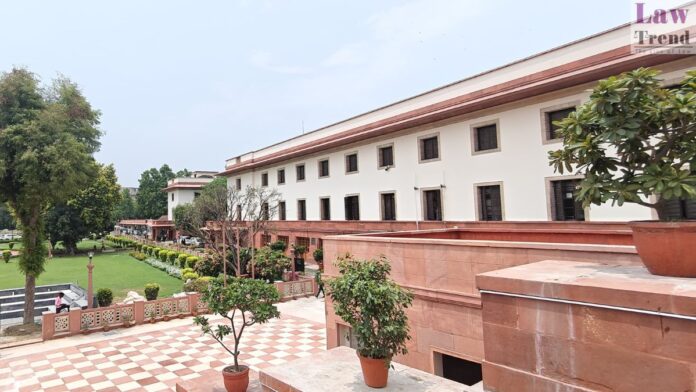In a significant judgment emphasizing the need for strict adherence to procedural rules in disciplinary proceedings, the Supreme Court quashed penalties imposed on Satyendra Singh, an Assistant Commissioner of Commercial Tax in Uttar Pradesh. The apex court restored an earlier tribunal order, holding that the inquiry against Singh was invalid due to the failure to
To Read More Please Subscribe to VIP Membership for Unlimited Access to All the Articles, Download Available Copies of Judgments/Order, Acess to Central/State Bare Acts, Advertisement Free Content, Access to More than 4000 Legal Drafts( Readymade Editable Formats of Suits, Petitions, Writs, Legal Notices, Divorce Petitions, 138 Notices, Bail Applications etc.) in Hindi and English.




